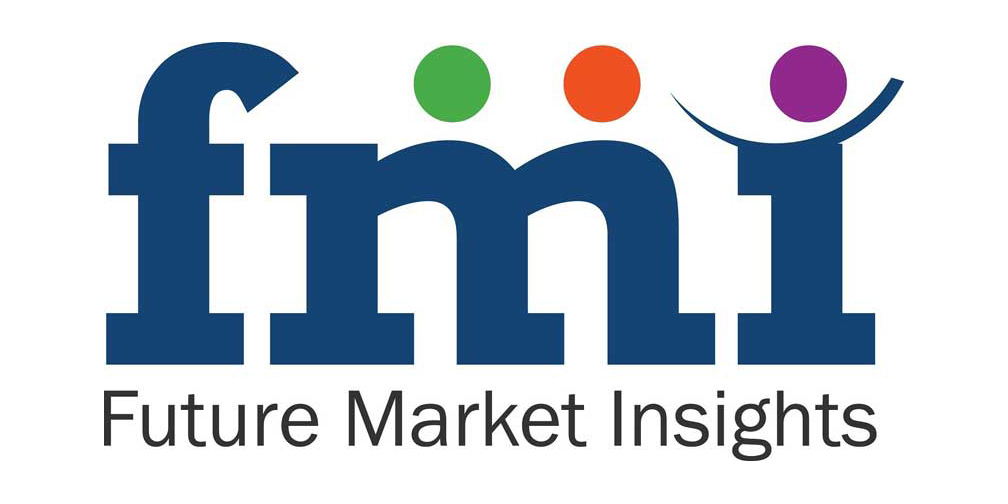Global waterless cosmetics sales is expected to grow at a healthy CAGR of over 13.3% during the study forecast period 2021-2031, according to a latest study by ESOMAR-certified market research firm, Future Market Insights (FMI). The research study tracks waterless cosmetics sales in 20+ countries, offering a lucid analysis on how growth trend will unfold.
- To Get a Sample Copy of the Report visit @ https://www.futuremarketinsights.com/reports/sample/rep-gb-12748
The focus on sustainability is increasing in the cosmetics industry with more consumers opting to purchase less disposable products and wanting companies to make their products more sustainable. Changing consumer behaviour has been compelling beauty companies to focus on waterless beauty, upcycling, carbon neutrality, and reusable or refillable packaging.
From the packaging used to better-for-the-environment products, the cosmetics industry is moving towards greener, more natural alternatives. Waterless formulation will continue to be a realistic option, for the companies in order to promote environmental protection. Unilever, L’Oréal, and Procter & Gamble, for example, have committed to reduce their water footprint in the coming years to varying degrees. When major brands commit to more sustainable practises, customers are drawn in.
In terms of product type, skincare products account for over 37% of sales in the market. The category covers a range of waterless products which include creams, lotions, serums, cleansers, and others. The increasing importance of natural and organic cosmetics is expected to drive the sales of waterless cosmetics in the coming years.
Key Takeaways from the Waterless Cosmetics Market Study
- Rising demand for sustainable beauty products will enable the waterless cosmetics market reach a valuation of US$ 8.9 Bn by 2021
- Besides high awareness, willingness to spend on sustainable beauty formula will drive waterless cosmetics sales in the U.S., which is expected to account for nearly 80% of the North America market
- Increasing demand for organic skincare will enable the U.K. market to exhibit 5.3% y-o-y growth in 2021 following a period of lull in 2020
- The demand for cruelty free, vegan, and organic cosmetics will drive sales of waterless cosmetics in India
- Expansion of the beauty sector in Japan and South Korea will drive sales in East Asia
Impact of COVID-19 on the Market:Before the COVID-19 pandemic, there was a moderate rate of growth in the demand for waterless cosmetics globally. After the pandemic, major global markets have faced dual impacts. Since store-based retailing is a major distribution channel in the beauty industry, store closures in various regions had a significant effect on the growth of beauty products, including waterless cosmetics.
The demand for eco-friendly skincare products has increased in the aftermath of the pandemic, with stay-at-home orders and safer-at-home advisories issued across the world. Additionally, shortage of workers in the sector, less consumption, high cost of production, and shortage of raw materials among other factors have been hampering the waterless cosmetics market.
Request Complete TOC Of this Report @ https://www.futuremarketinsights.com/toc/rep-gb-12748
Who is Winning?
Some of the key players present in the waterless cosmetics market are Unilever Plc., The Waterless Beauty Company, L’Oreal SA, Kao Corporation, The Procter & Gamble Company, Loli, Clensta, Ruby’s Organics, Taiki USA, Ktein, Niconi, True Botanicals, Allies Group Pte. Ltd., Lavedo Cosmetics, May Coop, No Cosmetics, Azafran Innovacio006E, and Carter + Jane, among others. Players in the industry have begun to offer discounts on cosmetic brands in order to entice end users to embrace the most up-to-date waterless cosmetics.
Waterless Cosmetics Market by Category
Product Type
- Skincare
- Hair Care
- Cosmetics
- Others
Sales Channel
- Wholesalers/Distributors
- Hypermarkets/Supermarkets
- Convenience Stores
- Specialty Stores
- Departmental Stores
- Online Retail
- Other Retail Formats
Price Range
- Economy (Below US$30)
- Mid-Range (US$30 to US$60)
- Premium (Above US$60)
Region
- North America
- Latin America
- Europe
- East Asia
- South Asia
- Middle East and Africa (MEA)
- Oceania
Buy Now @ https://www.futuremarketinsights.com/checkout/12748
